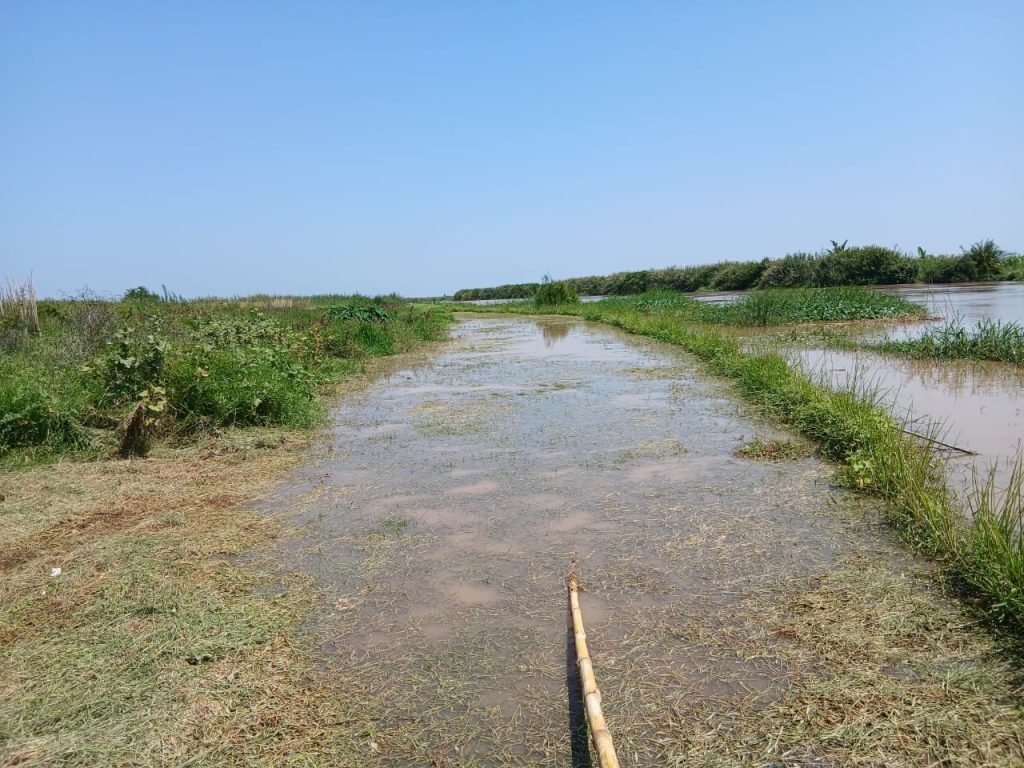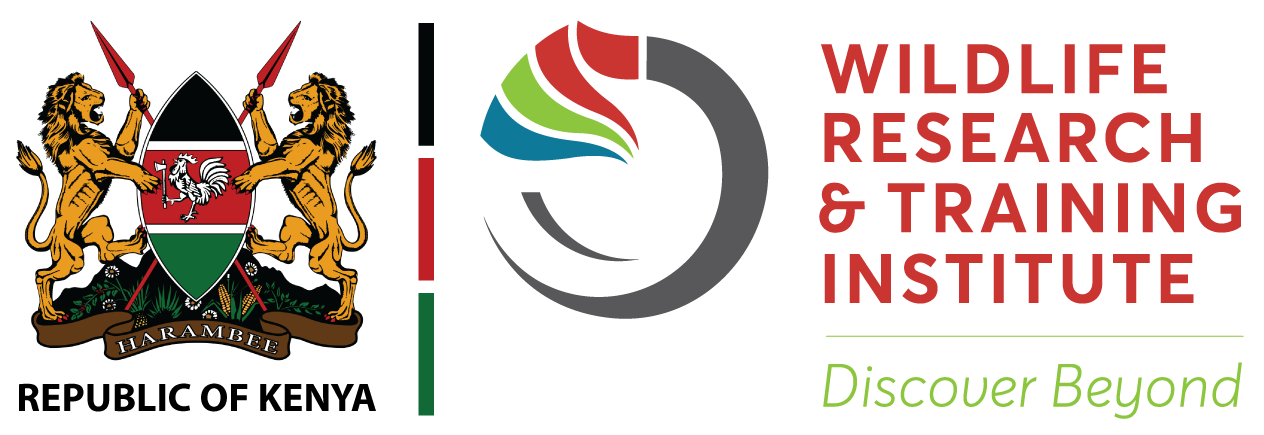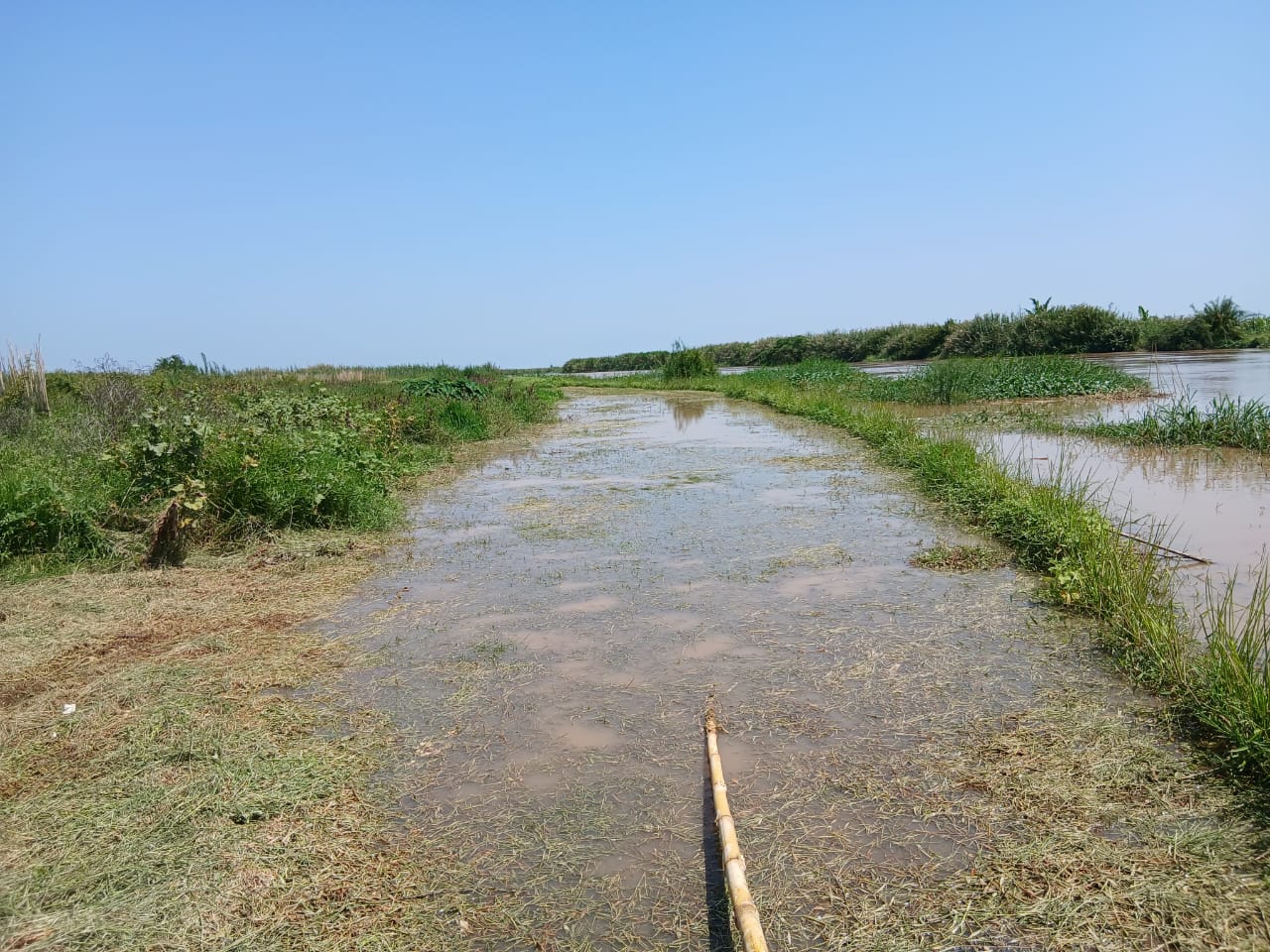Over the years, the The Nzoia River Basin, a critical watershed in the country has suffered extensive degradation caused by soil erosion, deforestation, and unsustainable human activities.
As part of intervention efforts, the Institute, Jaramogi Oginga Odinga University of Science and Technology (JOOUST) in collaboration with the Chinese Academy of Sciences (CAS) and supported by the United Nations Environment Programme (UNEP IMP) has initiated a rehabilitation project focusing on using bamboo crop for restoration of degraded riparian land.
This initiative is restoring degraded wetlands, reducing the impact of floods, supporting sustainable farming, and improving food security for local communities.
Over 5,000 bamboo seedlings have now been planted along the riverbanks, part of a broader effort to combat erosion, support biodiversity, and promote sustainable livelihoods in the region.
The team, working closely with local communities, has also successfully rehabilitated a community-based bamboo nursery, where 8,000 seedlings are now thriving, demonstrating how nature-based solutions can fight floods, restore wetlands, and build livelihoods.
The project recently extended bamboo coverage by half a kilometer, reinforcing riparian zones with native species and improving ecological connectivity along the river. Bamboo isn’t just beautiful—it’s powerful.
With deep root systems and fast growth rates, bamboo helps stabilize riverbanks and slow down destructive runoff. The initiative is aligned with the Institute’s Strategic Plan (2023-2027) and Bottom-up Economic Transformation Agenda (BETA) goals on climate change vulnerability assessments for fragile ecosystems to inform mitigation and adaptation.


